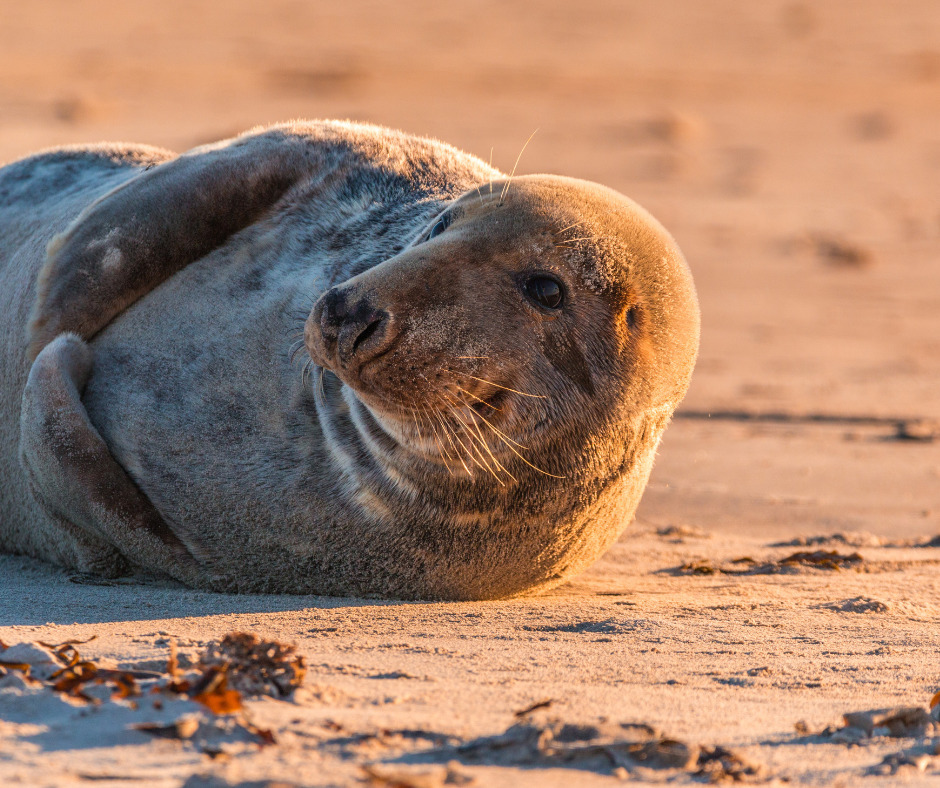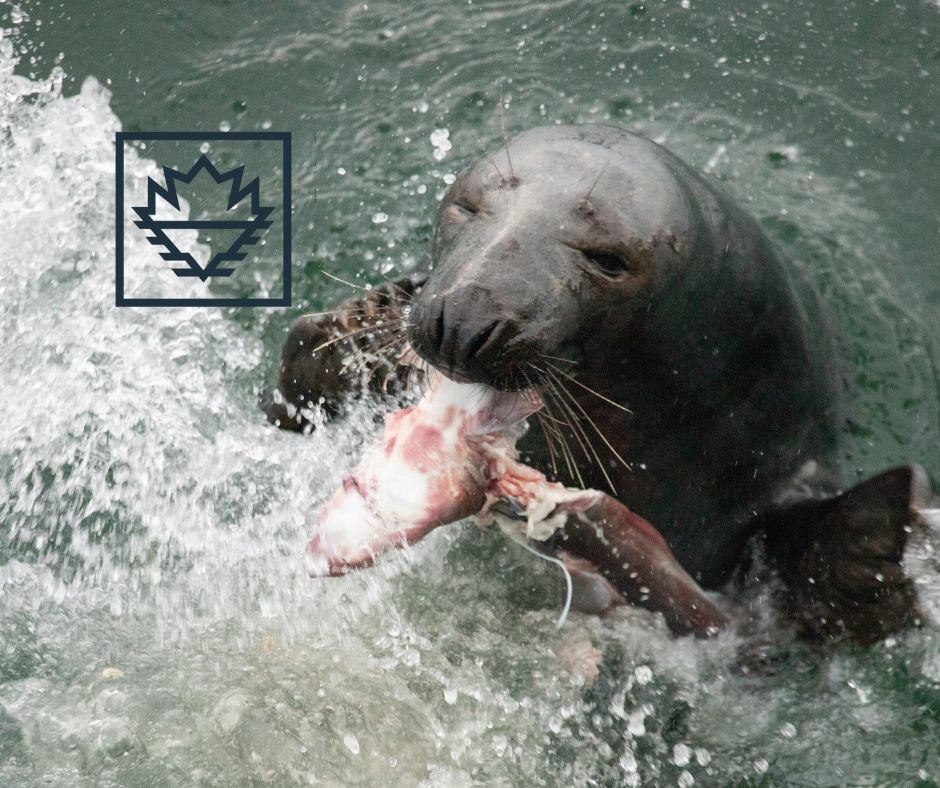In this article, Gil Theriault, director of the Intra-Quebec Sealers Association, expresses how they were once unfairly labeled as “savages, barbarians, and murderers.” He emphasizes that these insults have significantly harmed their reputation in the public eye, feeling it was an attack on their traditional way of life. Despite the opposition, some individuals are now hopeful to rekindle interest in the remarkable potential of seal meat, as Magdalen Islands butcher Rejean Vigneau describes it as “incredible.”
However, the seal hunting industry has faced significant challenges over the years. The United States implemented a ban on seal products back in 1972, and in 2010, the European Union imposed an embargo due to perceived inhumane hunting methods, leading to a substantial 30 percent loss of customers.
Nonetheless, Vigneau remains passionate about the diverse range of products he creates from seal meat, including sausages and terrines. He proudly promotes it as locally-sourced meat, free from hormones, rich in iron, and exceptionally healthy.
In contrast to the dwindling seal hunting industry, government data reveals a notable increase in the harp seal population, nearly quadrupling from 1970 to 2019, reaching an estimated 7.6 million. Similarly, the gray seal population in the Gulf of Saint Lawrence rose from 5,000 in 1960 to 44,000 animals in 2017.
Interestingly, these rising seal populations coincide with a concerning decline in fish stocks in the Atlantic Ocean off Canada, reaching their lowest recorded levels.
Seal hunting could potentially be a beneficial approach to address the issue of declining fish stocks, considering that seals also consume significant amounts of fish—adult seals can eat several kilos of fish daily.
Read the original article:
In Quebec, seal hunters want public to see practice in new light



